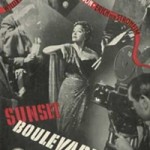 Academy Award Nominee Nancy Olson Livingston will participate in a Q&A with film critic Stephen Farber at a 65th anniversary screening of “Sunset Blvd.” The event starts at 7 p.m. Tuesday, July 21, at the Laemmle Royal in West LA. By popular demand, an additional 7:30 p.m. show has been added.
Academy Award Nominee Nancy Olson Livingston will participate in a Q&A with film critic Stephen Farber at a 65th anniversary screening of “Sunset Blvd.” The event starts at 7 p.m. Tuesday, July 21, at the Laemmle Royal in West LA. By popular demand, an additional 7:30 p.m. show has been added.
For our part, we offer our top 10 favorite lines from this magnificent film noir movie, directed and co-written by Billy Wilder, and starring (along with Nancy Olson) the incomparable Gloria Swanson, William Holden and Erich von Stroheim. The film garnered 11 Oscar nominations and won three (script, music and art direction).





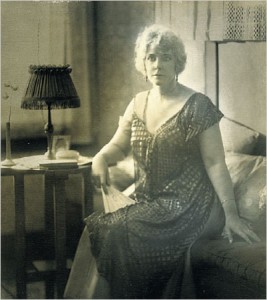
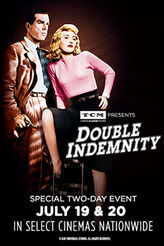
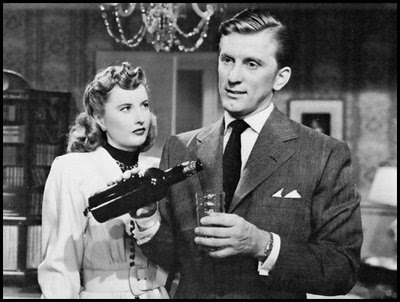
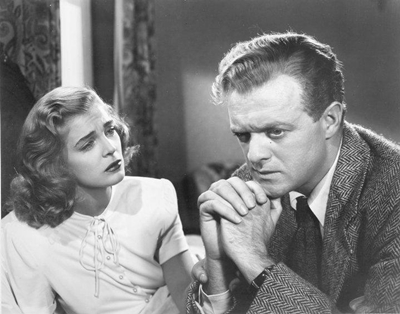

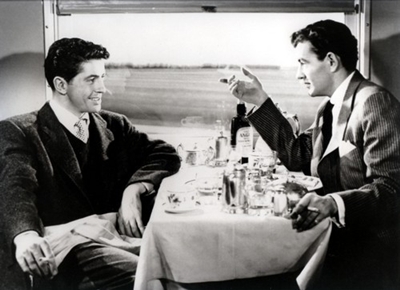
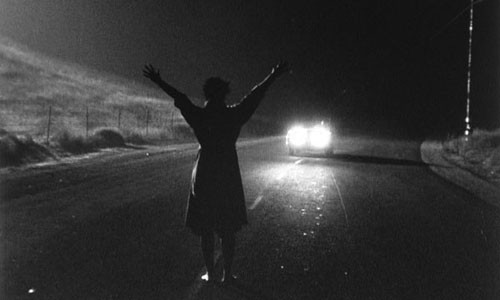
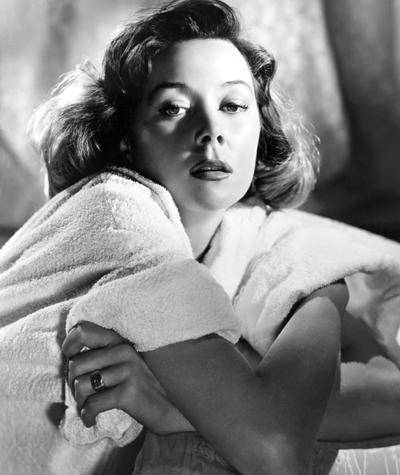
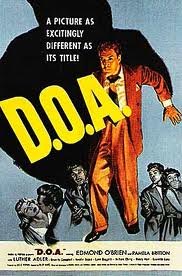
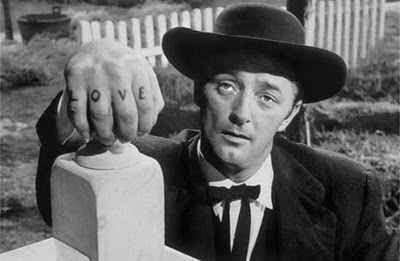
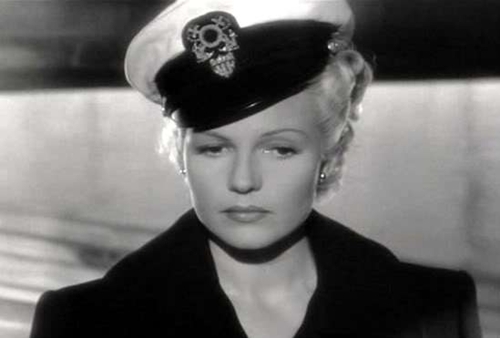
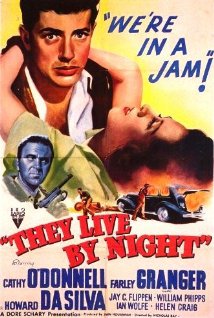

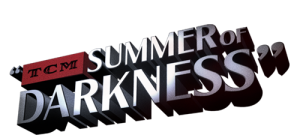

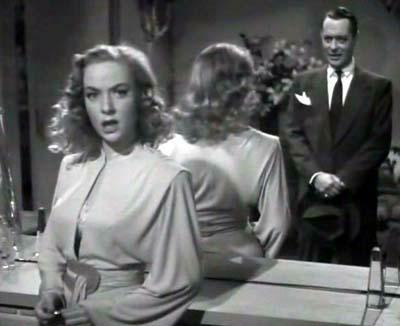
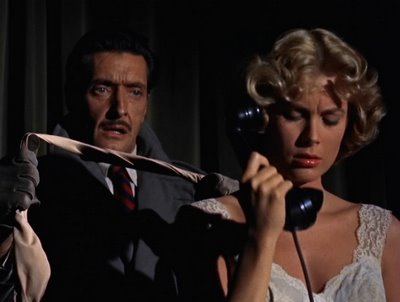
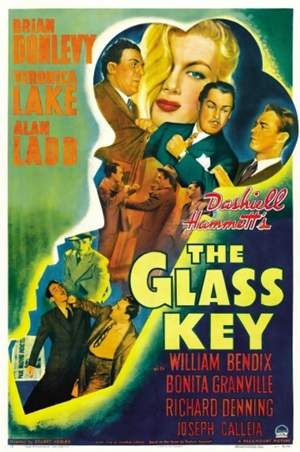
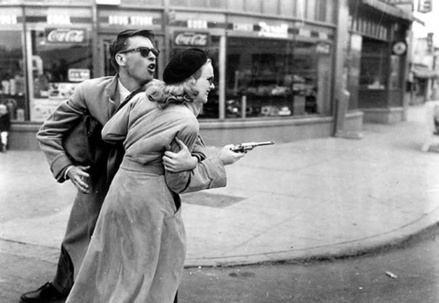
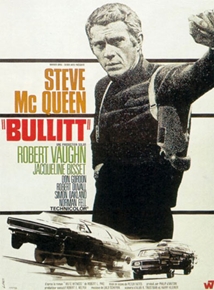
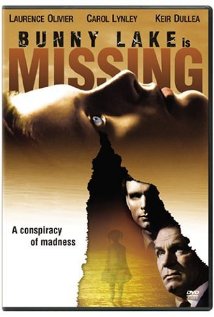
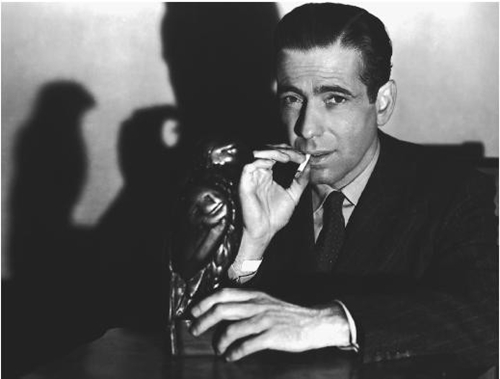
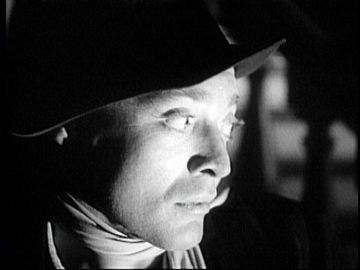
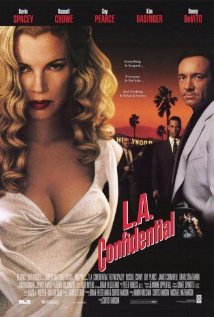
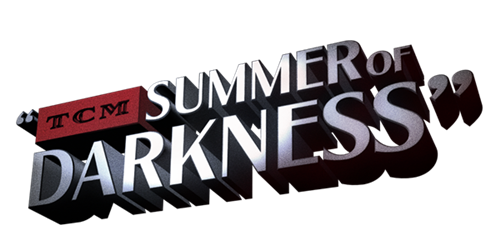
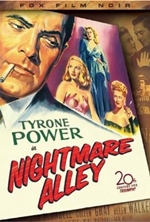

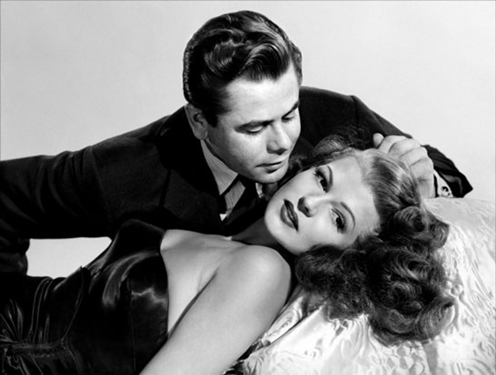
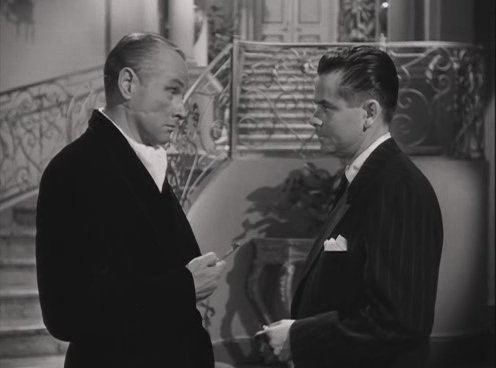






From FNB readers